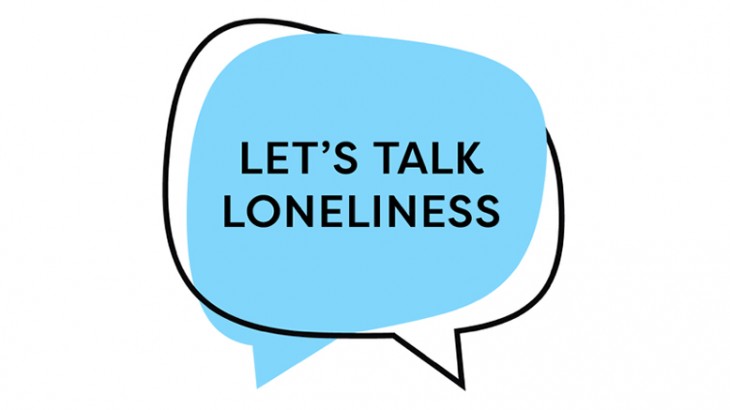#Let’sTalkLoneliness

We partnered with the Department for Media, Culture & Sport (DCMS) and the Post Office, to encourage people to send letters to loved ones still isolating for Loneliness Awareness Week – which runs from 15-19 June.
We issued a postmark to celebrate the campaign and we have also written to a number of key MPs to promote our support for the campaign.
Loneliness minister, Baroness Barran, has urged people to write letters and cards to those still isolating as lockdown measures ease. In a statement to mark Loneliness Awareness Week, Baroness Barran has encouraged people to make contact with friends, family, elderly neighbours or anyone else who is clinically vulnerable. This could also include pregnant women or people older than 70 with an underlying health condition.
‘The last few months have brought loneliness to the forefront of our minds,’ said the Baroness. ‘We all have a role in being kind and looking out for each other, and as some of us begin to regain some normality, we cannot forget those who may need to stay at home for longer and could be at risk of feeling lonely.
‘Writing letters might be a slightly forgotten art, but it’s more important than ever to connect with people. Putting pen to paper is an excellent way of making sure our friends, family and neighbours know we’re thinking about them.’
David Gold, director of public affairs and policy, said: ‘Handwritten correspondence is a very powerful way of connecting and showing someone close that you care, particularly during these difficult and sometimes isolating times.
‘Keeping the nation connected is of vital importance to us, so we’re delighted to partner with the Government on this initiative.’
Baroness Barran’s message follows on from a Government announcement last week that single adult households – those living alone or single parents with children younger than 18 – can now form a ‘support bubble’ with one other household, meaning they can visit and stay overnight. The move is designed to particularly support those who live alone and are struggling with being unable to see friends and family.
As well as offering advice on how to reach out to lonely people under its #Let’sTalkLoneliness campaign, the Government has also announced the nine organisations helping people at risk from feeling alone that will share a £5 million fund to reduce loneliness. The fund is part of the Chancellor’s recently announced £750 million support package for charities. The bodies are the English Football League Trust, the Soldiers, Sailors, Airmen and Families Association, Sense, the Alzheimer’s Society, the British Red Cross, Home-Start UK, the Royal National Institute of Blind People (RNIB), Mind, and the Carers Trust.
The Carers Trust, Mind and Home-Start UK will all receive £500,000 each to help them provide listening and befriending schemes for both older and younger people. The boost comes amid a rise in loneliness across all ages. The number of over-50s experiencing isolation is set to reach two million by 2025/6. This compares to around 1.4million in 2016/7 – a 49 per cent increase in 10 years.
There are also 1.2 million chronically lonely older people in the UK and half-a-million go at least five or six days a week without seeing or speaking to anyone at all. Over half (51 per cent) of all people aged 75 and over live alone, according to The Campaign to End Loneliness, which added that 3.9 million pensioners say the television is their main company.



